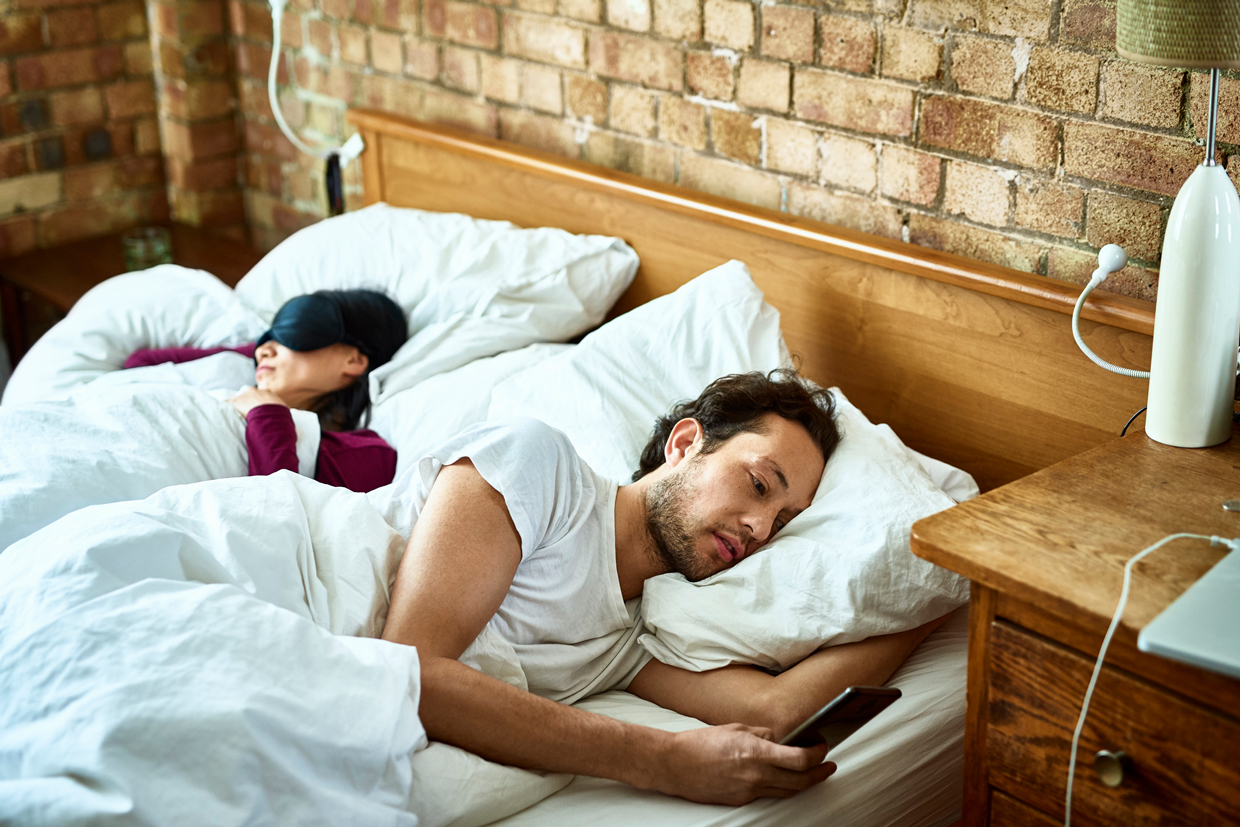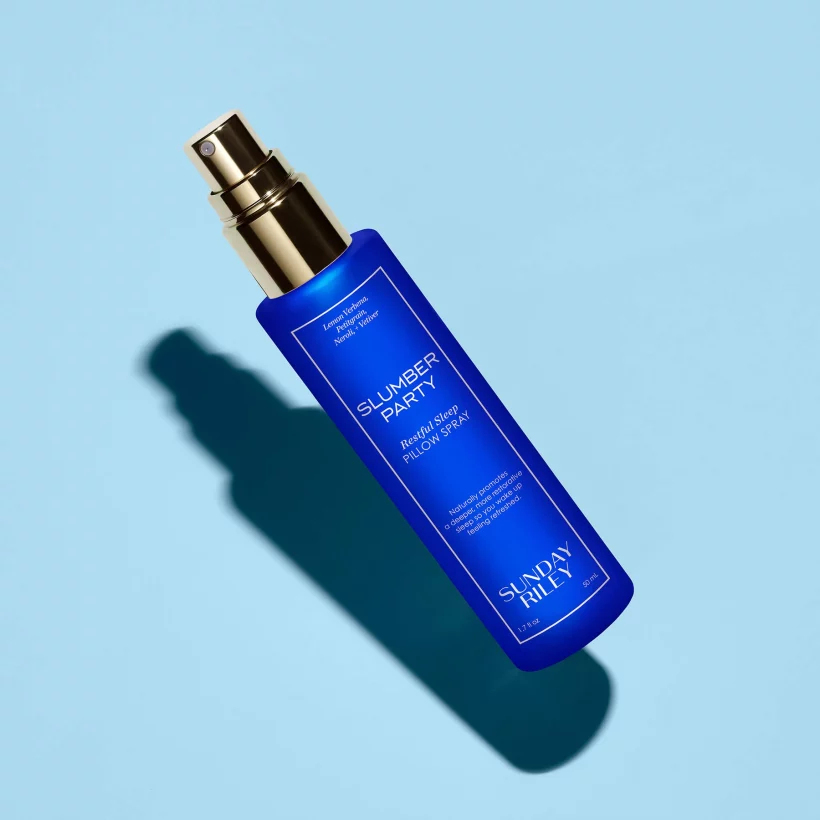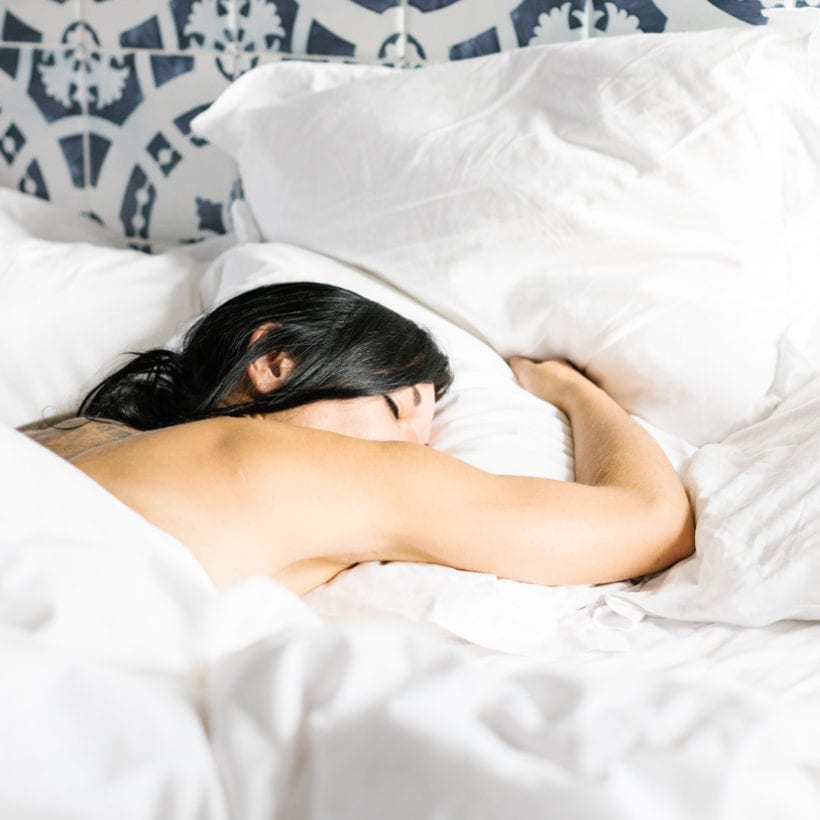As we enter the third year of the pandemic, you may feel a little out of control. Maybe you’re still snacking constantly, or you haven’t figured out a work-from-home routine that makes you productive. Or, perhaps your sleep habits are all out of whack. Even though we all know that sleep is vital to our health and functioning, it’s easy to deprioritize rest. There’s always more work you can do, another episode on Netflix you can watch, another TikTok you can scroll past, or message to respond to. Distractions are plenty — and challenging to resist.
Also, we are all experiencing heightened levels of stress, causing us increased anxiety, and as you can expect, this negatively contributes to our sleep habits. When we have difficulty sleeping and spend a lot of time in bed awake — thinking, tossing and turning, worrying, or being uncomfortable and stressed about not sleeping — the bed can become a battlefield. The act of falling asleep can become stressful, explains Dr. Michael Grandner, Casper sleep advisor and the director of the sleep and health research program at the University of Arizona. Over time, he says, this can lead to a condition where the brain is accidentally programmed to be alert and awake and active and stressed in bed, making it more difficult to fall asleep.
The good news is that you can better control your sleep habits with small yet meaningful steps. Here is a guide from experts on how to improve the quality of your shuteye ASAP:
Create a bedtime and wake-up routine.
When you’re starting anything that’s new, you want to start small. After all, you don’t go into the gym and pick up 40 pounds on day one. You want to create rituals that are helpful to you, and thus, you’re more likely to stick with them. That’s why a smart place to begin is by creating your own bedtime and wake-up routine, according to Dr. Carleara Weiss, Ph.D., MS, RN, the resident sleep expert for beam.
When it’s time to lay your weary head, create a relaxation process that eases your mind and your body. This could include taking a warm shower, going through meditation, stretching, doing a yoga sequence, praying or reading. Also, Dr. Weiss says it can be helpful to create a to-do list for the next day to reduce your anxiety. If you’re still struggling to release tension, she says you can take a melatonin-based supplement between 30 minutes and one hour before bedtime to help your brain understand that sleep time is approaching.
Next, think about your A.M. ritual, which Dr. Weiss says is almost as important as a bedtime one. First and foremost, set up your alarm so you can wake up at the same time every day — including weekends and holidays. “When your alarm rings, turn the lights on and get out of the bed without snoozing,” she continues. “If possible, try to add physical activity to your morning routine, do not skip breakfast, and be mindful of the amount of caffeine you consume.” When you combine these habits every day, they support a well synchronized circadian rhythm and help you sleep better at night.
Practice stimulus control.
If you are in bed, Dr. Grandner says the most useful thing you can do to gain control of your sleep is to practice a technique called ‘stimulus control.’ He says this practice has been studied in the lab and in the field extensively — and is probably the single most powerful strategy for improving sleep. While it’s easy to understand, it can be challenging to put into motion, so be easy on yourself as you start testing it out. It may take time to adopt, so patience is mandatory.
Here’s the goal: when you’re in bed, you’re sleeping. Otherwise, you’re not in bed.
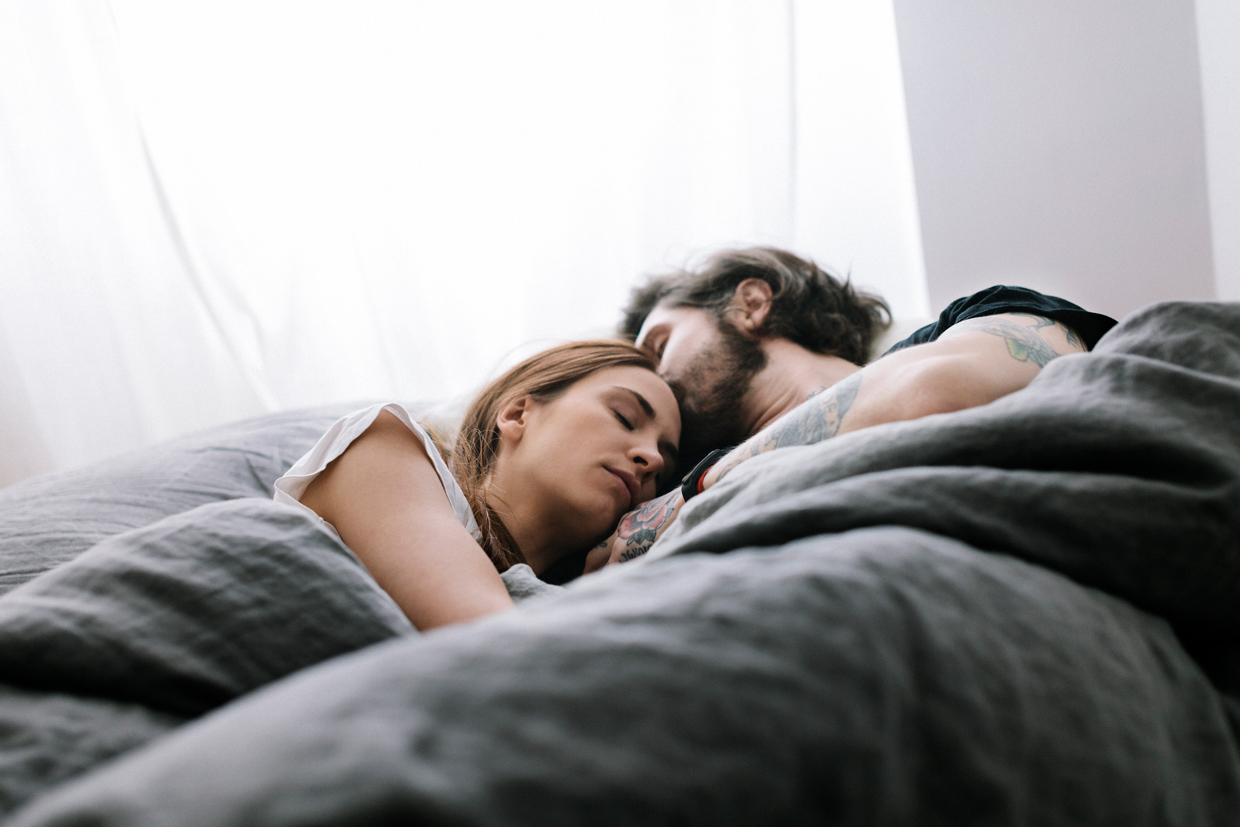
“This means that you don’t get into bed until you are ready to sleep, even if it is your regular bedtime. Then, once you are in bed, if you are unable to sleep, you should get out of bed,” he explains.
If it is taking you more than 20 to 30 minutes to fall asleep, he recommends getting out of bed and trying again later. “The key is to remove the frustration of not sleeping from the bed,” he shares. “If you are going to be frustrated anyway, get that feeling out of bed, wait a while, and try again. Eventually, the bed can become a trigger for sleepiness, even if you need a little extra push to get to sleep.”
Skip the snacks.
While you may hear your stomach grumble late in the evening, giving in to your popcorn or ice cream craving won’t win you any brownie points in bed. Eating too soon before bed can cause acid reflux and stomach discomfort, making it hard to sleep, warns psychologist Dr. Yvonne Thomas. “Instead, try to avoid eating three hours before sleep,” she says. “Not only will your digestive system be better for this, but you will have one less thing to do that could interfere with you going to bed on time.”
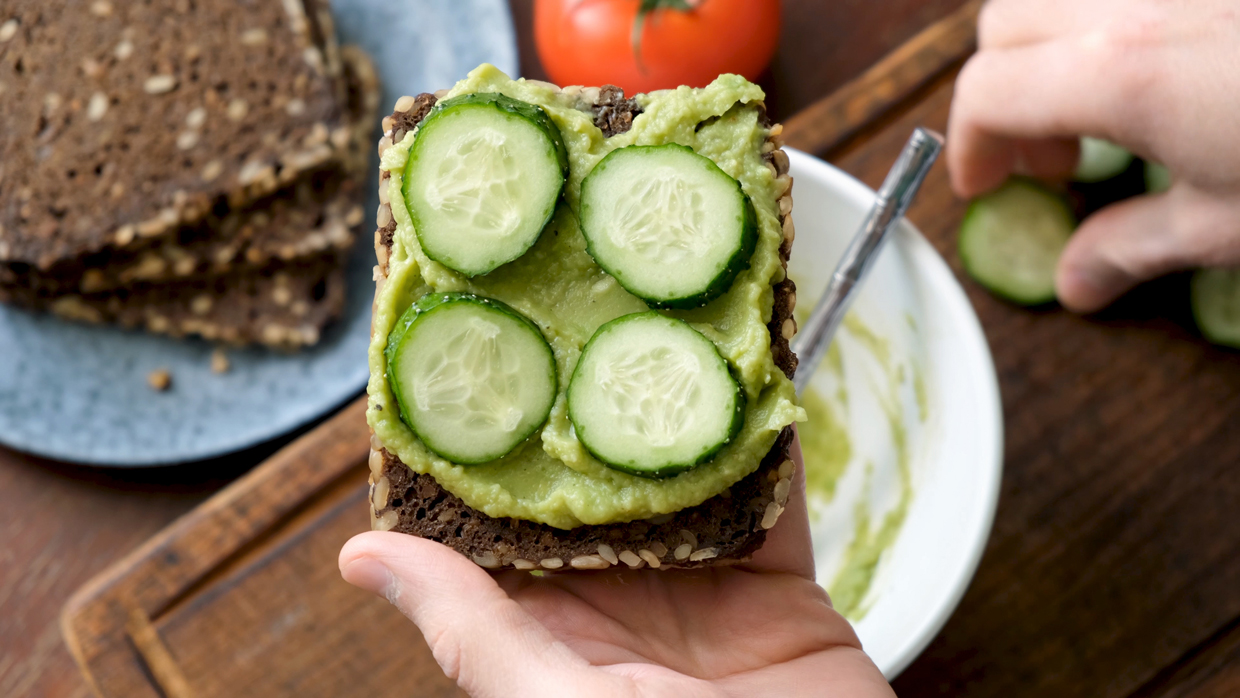
Be less available for electronics.
Yes, you may have emails lingering that need to be answered. A group texting chain that you haven’t read in days. And some social media updates that could be interesting. However, when it’s time to sleep, your electronics can’t wait. However, going cold turkey from the get-go could be difficult, so instead, try to reframe how you think of your phone, television and computer, says Hillary Schoninger, LCSW, an individual and family psychotherapist. “Decreasing our screen time versus stopping at a particular time before bed is two different approaches,” she says. “Set an intention to be less available for screen time and start there. Having an awareness that you want to attend to your sleep hygiene is a boundary you can create.”
Optimize your sleep environment.
Does your bedroom have bright lights? Is it loud? Do you feel cozy — or meh about your space? An impactful way to improve your sleep habits is to optimize your space for rest, Dr. Grandner says. “Light, sound, movement, and other factors can make it more difficult to fall asleep and sleep soundly,” he continues. “Consider eye masks and blackout curtains to control light, earplugs or noise machines to control noise, fans or cooling blankets/pads to control temperature, and invest in a good mattress that gives appropriate support and comfort.”
While it might be a financial investment upfront, it could make a big difference in how you sleep, making it more than worthwhile in the long term.
We only recommend products we have independently researched, tested, and loved. If you purchase a product found through our links, Sunday Edit may earn an affiliate commission.
